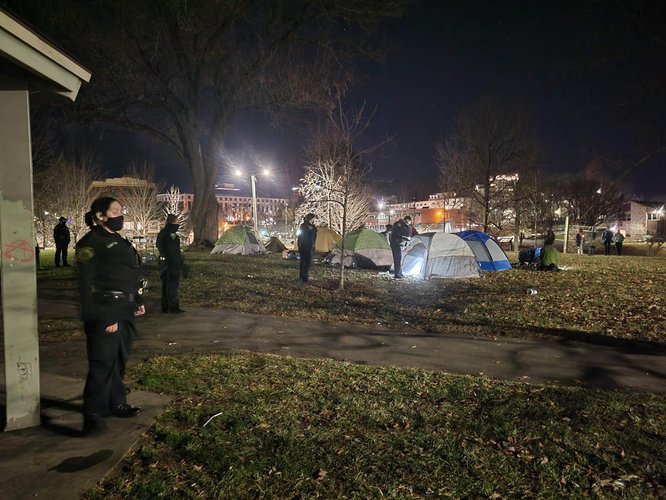“When a government becomes invisible, it becomes unaccountable. To expose its lies, errors, and illegal acts is not treason, it is a moral responsibility. Leaks become the lifeblood of the Republic.”—Daniel Ellsberg and John Perry Barlow
This week, Congress finally started a substantive debate on the role of drones in US foreign policy, and more importantly, the Obama administration’s secret legal rationale for why it believes it can kill American citizens overseas with no due process.
But why is this just happening now? It's been more than seven months since the New York Times reported on the existence of President Obama’s kill list, and almost a year and a half after the US deliberately killed the first American citizen under this policy.
The answer is simple: a leak to the press.
Since NBC News’ Michael Isikoff published a Justice Department white paper containing one of the administration’s legal rationale for killing Americans last week, the issue of drones was front and center at the confirmation hearing of potential CIA director John Brennan on Thursday, and more and more Senators have been calling for transparency and accountability because of this revelation.
Despite all this, our elected representatives has never been more hostile to leaks, and by extension, press freedom. During Obama's first term, Congress—and the administration—has seemed more interested in putting the whistleblowers in jail than acting on the startling information they’ve exposed. At the Brennan hearing, some Senators were still more pre-occupied with leakers than the unprecedented constitutional issues they should've been grappling with. And last year, a House committee even held a hearing suggesting reporters who publish classified information should be thrown in jail.
Ironically, many of those same members of Congress are the biggest enablers of leaks because they've continually thwarted laws that would bring even a modicum of transparency to the nation's vast, secretive national security complex.
The administration, for its part, has spent the last two years fighting its hardest to make sure the public remained unaware of its authority to kill citizens. The New York Times and ACLU sued the administration under the Freedom of Information Act to obtain this legal memo, and in an extraordinary ruling recently, a federal judge refused to force the memo’s release, while lamenting, "The Alice-in-Wonderland nature of this pronouncement is not lost on me."
The judge concluded, "I can find no way around the thicket of laws and precedents that effectively allow the executive branch of our government to proclaim as perfectly lawful certain actions that seem on their face incompatible with our Constitution and laws while keeping the reasons for their conclusion a secret."
Similarly, for months, Senator Ron Wyden (D-OR) has been engaged in a lonely campaign to have the memos released to the public as well, explaining, “Every American has the right to know when their government believes that it is allowed to kill them.” Recently, ten other Senators commendably joined in Wyden's call, but the administration has so far refused to fully comply.
This is exactly why we need organizations will to publish information in the public interest leaked from government officials—like WikiLeaks. To that point, WikiLeaks founder Julian Assange was on Realtime with Bill Maher on Friday and encouraged government officials with access to the targeted killing memos to leak them if the government won’t release them through official channels. You can donate to WikiLeaks through our website.
This episode also shows why journalism organizations need to be more aggressive when reporting on issues shrouded in government secrecy. The Huffington Post’s Michael Calderone documented how the major cable channels in the US ignored the drone debate for most of Obama’s first term. And the New York Times’ public editor Margaret Sullivan has an excellent column in today’s paper, scolding the Times for keeping secret details of a US drone base at the behest of the government, when the information was clearly in the public interest.
“The real threat to national security is a government operating in secret and accountable to no one, with watchdogs that are too willing to muzzle themselves,” Sullivan so aptly wrote.
The Bureau for Investigative Journalism has done no such muzzling. They’ve documented every US drone strike that’s occurred in the last few years, and proven the CIA’s count of civilian deaths is grossly underreported.
Yet because of secrecy, we still only know the identities of 20% of the victims of drone strikes. So we’re also crowd-sourcing donations for the Bureau’s new “naming the dead” project, which will attempt to positively identify as many victims as possible—whether they are civilians or militants. You can donate to fund this project here.
The administration, with their outright refusal to bring transparency to one of the government’s most secretive and controversial activities, inadvertently showed us why leaking is so important. If they still refuse to be more transparent, it’s up to the media to fill the void, using the First Amendment as their shield.



